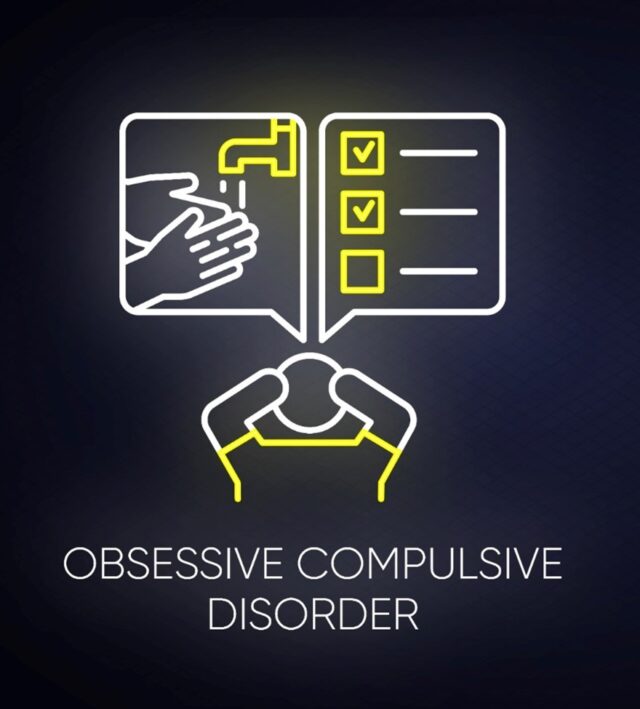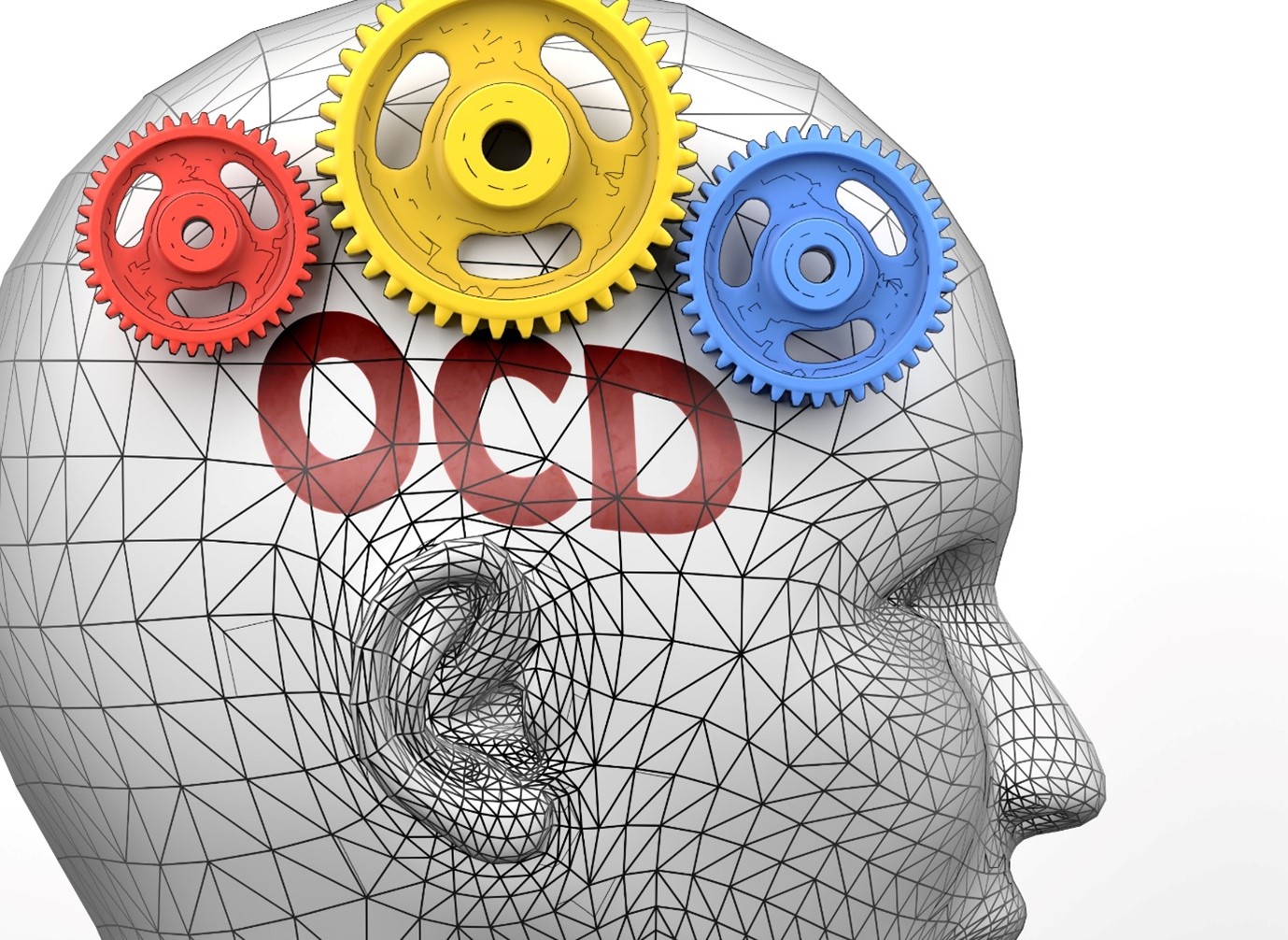Ontrak Health is a behavioral health engagement program headquartered in Henderson, Nevada. In the following article, Ontrak Health explains Obsessive-Compulsive Disorder and its signs, symptoms, treatments, and how it differs from voluntarily “double checking”.
Obsessive-compulsive disorder, otherwise known as OCD, is a chronic, long-lasting condition. Individuals with OCD have uncontrollable thoughts and behaviors that they feel the urge to repeat.
While it’s a common condition, most aren’t actually aware of the severity of such obsessions and compulsions or how they impact the lives of those that deal with OCD in their everyday lives.
Signs and Symptoms of OCD
According to the National Institute of Mental Health, people with OCD can have symptoms of compulsions, obsessions, or both, interfering with all areas of life including personal relationships, school, and work.
Ontrak Health says that, unbeknownst to many, obsessions and compulsions are not the same, and medical professionals are toiling to spread awareness of this fact.
Obsessions
Obsessions are repeated mental images, thoughts, or urges that incite anxiety, including but not limited to the following:
- Unwanted taboo or forbidden thoughts regarding harm, sex, or religion
- Fear of contamination or germs
- Ensuring things are symmetrical or in perfect order
- Aggressive thoughts toward themselves or others
Compulsions
Ontrak Health explains that compulsions, on the other hand, are repetitive behaviors that individuals with OCD feel the need to perform in order to calm their obsessions.
Some common compulsions include:
- Counting certain objects over and over
- Excessive handwashing or cleaning
- Arranging and ordering things in a precise way
- Consistently checking on things (e.g., whether the oven is off or doors/windows are locked)
Of course, not all habits or rituals are compulsions — Ontrak Health says that everyone double-checks things occasionally. However, it becomes compulsive when a person:
- Spends at least an hour per day on their obsessions or compulsions.
- Cannot control their thoughts or behaviors, even when they’re recognized as excessive.
- Doesn’t obtain pleasure from performing the behaviors, only brief relief from their unwanted thoughts.
- Has considerable issues in their daily life due to obsessions or compulsions.
Those Likely to Be Affected by OCD
Ontrak Health reports that data from SingleCare shows that roughly 2.3% of the US population has OCD, totaling roughly one in 40 adults and one in 100 children.
While the prevalence is higher in females, there are other factors that increase an individual’s risk of having or developing obsessive-compulsive disorder, including:
- Genetic factors — Family and twin studies show that people with first-degree relatives (e.g., children, parents, or siblings) who have OCD are at a higher risk of developing the disorder themselves. The same research indicates the risk increases if the first-degree family member developed OCD as a teenager or child.
- Environmental factors — It’s apparent that childhood trauma and OCD symptoms are associated. However, the NIMH confirms that more research is needed to better understand the relationship.
- Brain factors — Imaging evidence on the front cortex and the subcortical brain structures differ in patients with obsessive-compulsive disorder. Certain brain abnormalities appear to connect with OCD, but the relationship is currently unclear.
Despite the risk factors, the causes of OCD remain unknown to mental health practitioners and researchers. However, field experts state that finding the cause is the main route to offering personalized treatment in the future.
Treating Obsessive-Compulsive Disorder
Ontrak Health reports that practitioners use medication and psychotherapy to treat OCD. While many people do respond to the medication, others still experience impactful symptoms, requiring extra attention.
Individuals with OCD can have other mental disorders as well, like depression, body dysmorphia, and anxiety, which can alter the effectiveness of the obsessive-compulsive disorder treatment.
Medication
Mental health professionals prescribe SRIs (serotonin reuptake inhibitors) and SSRIs (selective serotonin reuptake inhibitors) to treat the symptoms of OCD.
When treating OCD rather than depression, higher daily doses are often necessary, with the medication taking up to 12 weeks to start having an effect.
Ontrak Health notes that if symptoms remain unaffected by the medication, clinicians can instead prescribe antipsychotic medications.
Psychotherapy
Adults and children with OCD often respond well to psychotherapy treatment. Research has proven that certain types of psychotherapy (e.g., cognitive behavior therapy and habit reversal training) are just as effective as medication.
Ontrak Health says that further studies indicate that a form of CBT known as Exposure and Response Prevention (EX/RP) is especially beneficial for reducing compulsions, even for those who didn’t respond well to prescribed SRIs.
Finding OCD Treatment to Unlock Life
Ontrak Health maintains that obtaining effective OCD treatment can help individuals unlock their life by eradicating or soothing symptoms of this debilitating disorder. Those seeking more general information or the location of treatment services can browse the SAMHSA’s Behavioral Health Treatment Locator webpage.











